
Other People’s Money
Masters of the Universe or Servants of the People?
Recommendation
Professor and Financial Times columnist John Kay deftly explains the development and ramifications of the current global financial system. He discusses how to restructure it to make it safer, sounder and more useful to the real economy. Kay maintains that financial firms – with the complicity of regulators – contribute little to everyday industry and commerce. His interdisciplinary and comprehensive approach, offered in plain English, makes frequent use of anecdotes to elucidate hard truths. You’ll find that Kay offers an iconoclastic perspective on the financialization of the global economy. While always politically neutral, getAbstract finds that his analysis presents a useful counterpoint for industry professionals and for anyone who works, pays bills or otherwise relies on the financial system.
Summary
About the Author
John Kay, a Financial Times columnist and a professor at the London School of Economics and at Oxford University, is a board member of numerous public corporations.








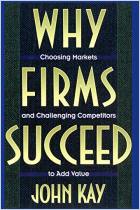
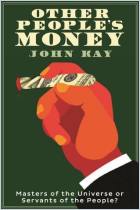
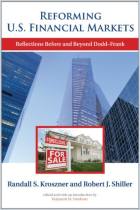
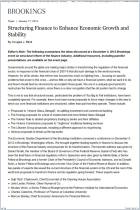
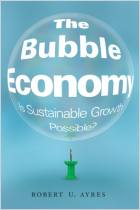
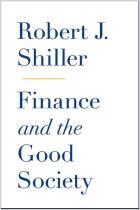
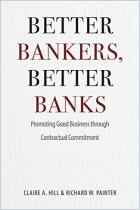






Comment on this summary or Comenzar discusión